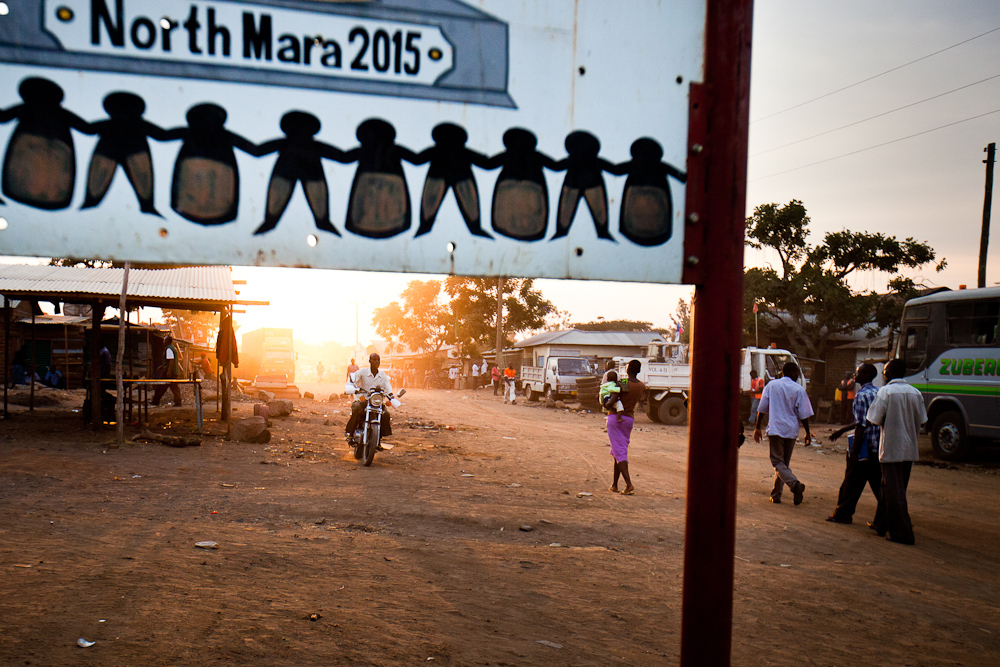Following a recent legal action by Tanzanian nationals against Canadian mining giant Barrick Gold in Canada in November 2022 and another legal action against the London Bullion Market Association in the UK announced in December 2022, Barrick and its CEO, Mark Bristow, made a series of accusations against corporate watchdog RAID for our reporting on human rights abuses at the company’s North Mara mine in Tanzania (see Barrick’s statements here and here).
While it is important for us to respond to these accusations, as we do here, they are an unfortunate distraction from the very serious harms suffered by the claimants in these actions, who are members of North Mara’s Indigenous Kurya community and who have lost loved ones or been seriously injured at Barrick’s mine.
Barrick’s claim that it is troubled by what it calls “RAID’s involvement” in the legal cases ignores that RAID is not a party, nor do we represent any parties, in these proceedings. It is brave Tanzanians represented by experienced law firms who have chosen to pursue justice through the courts, not RAID. We fully support their decision to do so.
The harms alleged by those bringing the legal claims are part of a long and widely reported history of human rights violations by police assigned to provide security at the North Mara mine. Tanzanian and international human rights groups, including RAID, have publicly raised concerns about the these abuses since 2014. Just recently, one of Canada’s leading newspapers, The Globe and Mail, said in an article that it too “has documented police-related violence around the mine in northern Tanzania for more than a decade.”
Barrick accuses RAID of having “a long history of making unfounded allegations” and having “shown no inclination to come to the mine.” Neither is accurate and Barrick provides no evidence to substantiate these accusations. To the contrary, RAID’s reporting on the human rights situation is based on extensive research in North Mara, including nearly 200 interviews in the last three years alone, and we have frequently visited the site around the mine.
RAID has also consistently engaged with Barrick concerning its research, and sought repeatedly to meet with Barrick to discuss the human rights concerns. Barrick declined RAID’s proposals. Only in July 2022 did Barrick agree to a meeting. RAID has since been engaging with Barrick to arrange that meeting, which hopefully will occur early in the New Year.
The recent legal actions are not the first time that those harmed at the North Mara mine have taken the difficult decision to pursue remedy through the courts. They follow two earlier legal actions in the UK concerning such violations, one of which that was settled by Barrick’s UK-listed subsidiary in 2015, and another which is ongoing.
Finally, we note that public attacks on civil society groups, whether national or international, can set a dangerous tone, especially for those working on the frontlines reporting on corporate human rights abuses. In 2021, there were more than 600 attacks against human rights defenders worldwide who were raising concerns about harmful business practices, with the mining sector considered the most dangerous.
Rather than attacking those who speak out, we hope Barrick will recalibrate its focus to providing remedy to those harmed by its operations and taking steps to end the human rights abuses at the North Mara mine.
For a more detailed response to Barrick’s specific allegations in its statements against RAID and local community members, see here.

